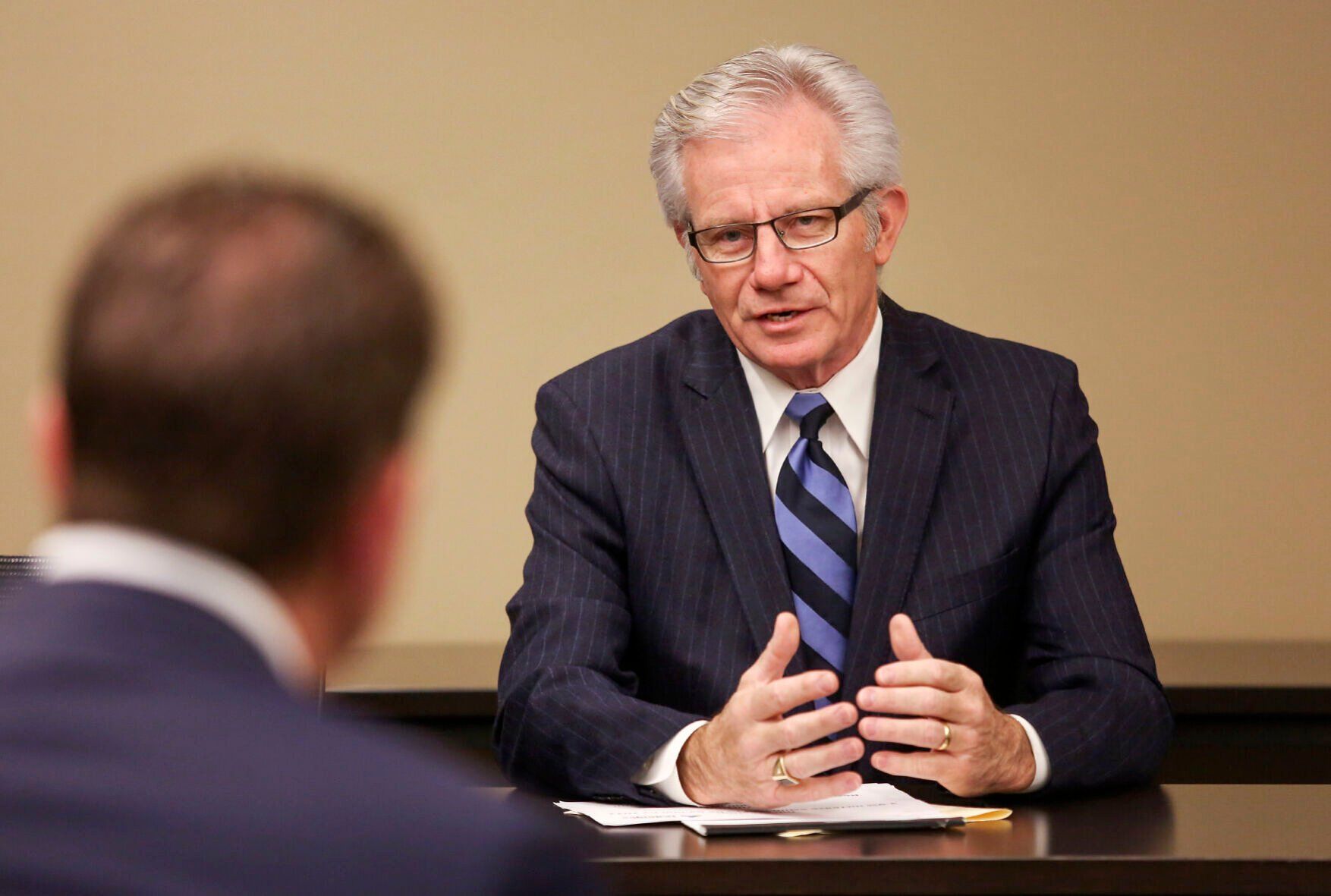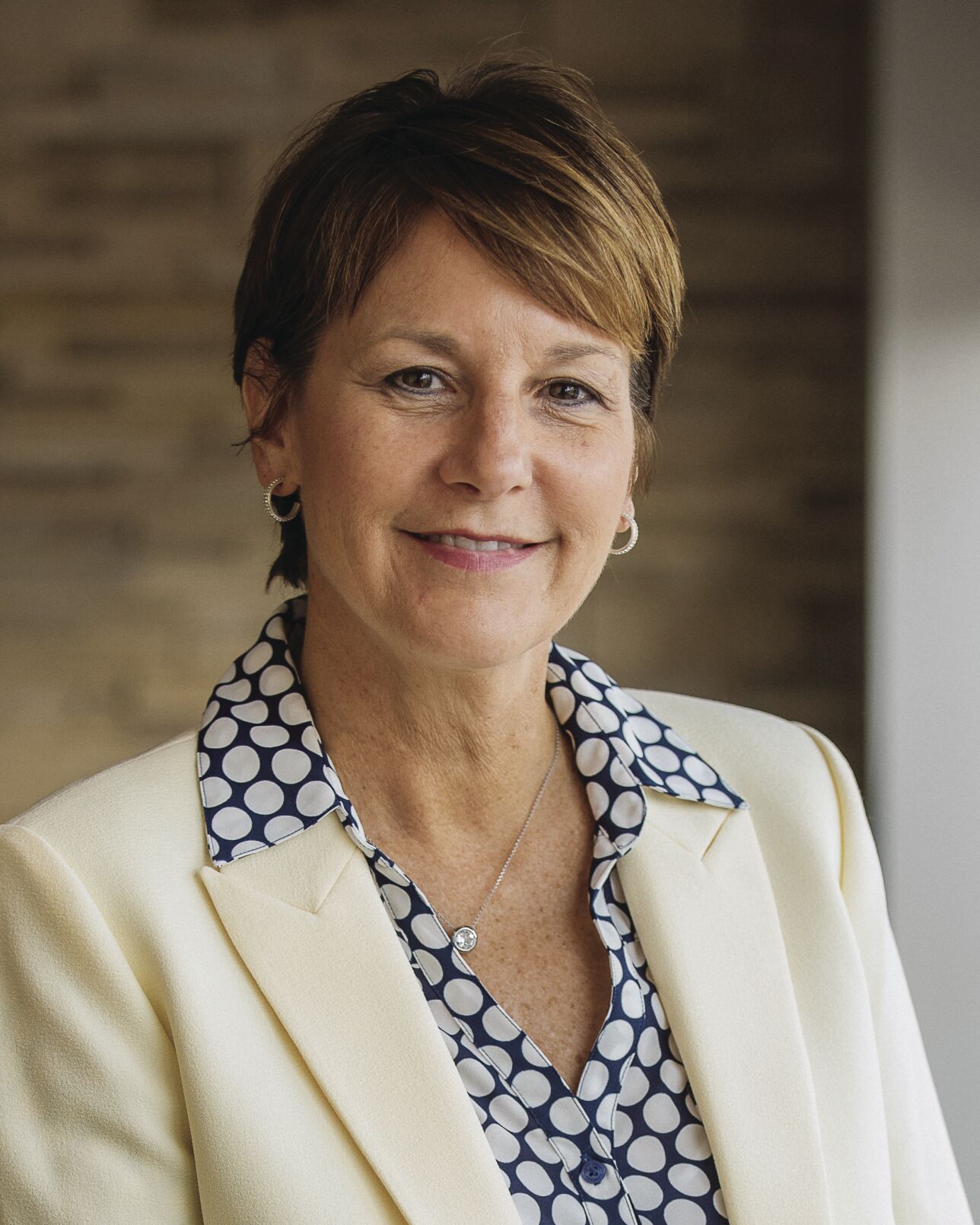School just started for Dubuque’s many college students, but area leaders already are looking for ways to encourage graduates to stick around next summer.
In collaboration with a slew of local partners, Greater Dubuque Development Corp. has used the back-to-school season to renew its efforts to connect area college students to the community at large.
“We don’t want to wait to reach out to students until they walk across the stage at graduation,” said GDDC President and CEO Rick Dickinson. “We want to get in touch the day they set foot on campus to introduce Dubuque as a great place to live and put down roots.”
The goal is to ensure the success of Dubuque’s future workforce. As older generations begin to retire, area experts agree that younger age groups will be key in addressing workplace needs around employee recruitment and retention and in promoting population growth for years to come.
Around one-third of students from the University of Dubuque, Clarke University and Loras College remain in the tri-state area after graduating, according to the colleges, as well as roughly 95% of graduates from Northeast Iowa Community College.
Dickinson said GDDC hopes to build on that momentum by promoting its programs and partnerships that encourage students to put down roots.
“Dubuque County is blessed to have the degree of higher education that we do, and it’s important that we recognize and support that,” Dickinson said. “When it comes to our workforce initiatives, the recruitment and retention of college kids is a core mission.”
New this year is a partnership between GDDC and Dubuque Area Chamber of Commerce to collect and provide students with a growing list of area businesses offering discounts or deals for current students.
GDDC is crafting a webpage where students can find the list, which will be made available via QR codes printed onto keychains that will be distributed to students. Colleges also will promote the link.
Dubuque Chamber Vice President of Member Relations Dan “Sully” Sullivan said the goal is to entice students to leave campus and become more familiar with the Dubuque area while supporting local businesses.
“A lot of time, students come to school and stick around campus, but the idea is if they can save a little money somewhere in town that they’ll get off campus and really get to see what we have to offer,” Sullivan said. “Once you get a feel for the city, it makes it very enticing to stay.”
The chamber also has a YP Mentorship program, which pairs college students with young professionals from the Dubuque area as a low-stakes opportunity for professional development and exploration.
Students also can connect with one another and regional business leaders at GDDC’s annual “Community of Colleges” event series. The series is meant to showcase job opportunities in the area and connect students directly with potential employers.
The program last year garnered more than 1,000 student attendees across the five-event series. This year’s program will kick off at 5 p.m. Wednesday, Sept. 18, at Derby Grange Golf & Recreation Center with a free meal and networking opportunities.
Another program aimed at college students is GDDC’s “Work That Works,” a partnership with area businesses to offer college students flexible, part-time jobs designed to work around class and exam schedules.
The program is open to employers across the Dubuque area and includes current listings from businesses such as MercyOne Dubuque Medical Center, Hillcrest Family Services and Bimbo Bakeries.
Kay Takes, president of MercyOne Dubuque, said the hospital has experienced some “early success” with the program this year and hopes to capitalize on that momentum moving forward to fill other vacant positions.
“Recruitment continues to be a top priority for the region and for MercyOne Dubuque,” she said. “Our team is working with the GDDC to identify and advertise positions that are attractive to students looking for roles that fit their career paths and schedules.”
Dickinson said the program serves a dual role in helping area employers meet their workforce needs while also allowing students to find jobs they know will acknowledge and accommodate their student status.
“One of the challenges, especially for students that come from low- and moderate-income households, is how do you fill the gap between financial aid and the actual cost of higher education,” he said. “This program is designed to help fill that gap and integrate them into the community.”




